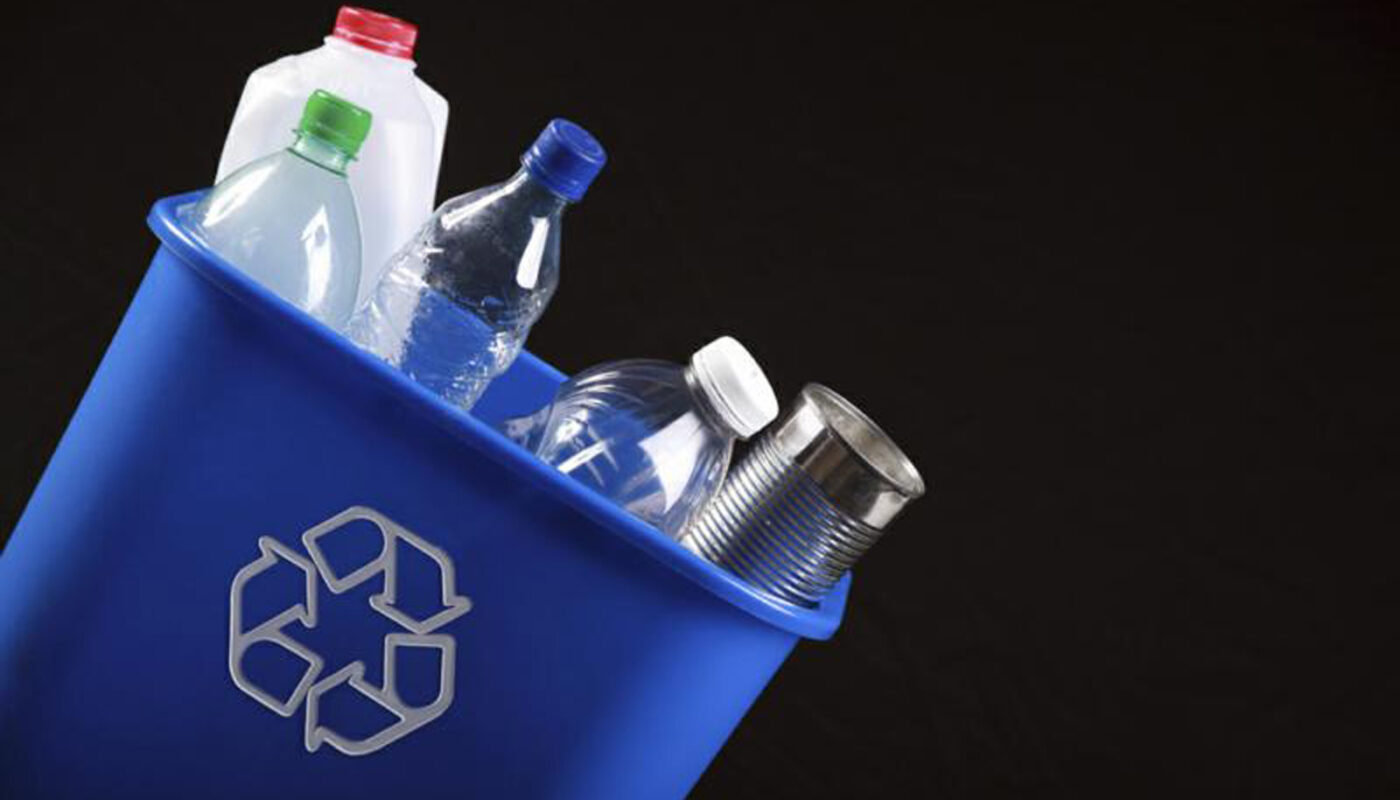Plastic pollution has become one of the most pressing environmental issues facing our planet today. As plastic production and consumption continues to skyrocket worldwide, the need to address our growing waste streams has never been more urgent. Recycling plastics represents a significant opportunity to curb plastic pollution and move towards a more sustainable future.
The Scale of the Problem
Only around 9% of all plastic ever produced has been recycled. Each year, over 300 million tons of plastics are produced globally, a large portion of which ends up as waste. Studies estimate that around 8 million tons of plastic end up in our oceans every year. If this continues unabated, there will be more plastic than fish in the ocean by weight by 2050.
Most plastic waste is not biodegradable and can persist in the environment for hundreds of years, breaking down into tiny microplastics that enter our food chains and water supplies. Plastic production also relies heavily on fossil fuels, releasing greenhouse gases that contribute to climate change. Clearly, our current ‘take-make-dispose’ plastic economy is unsustainable and in urgent need of reform.
The Benefits of Recycled Plastics
Recycling plastics represents a major part of the solution to curb plastic pollution. When plastic waste is collected and processed at recycling facilities, it can be remanufactured into new products instead of ending up in landfills or the environment. This extends the useful life of plastics and reduces the need for virgin plastic production.
Recycling plastic helps conserve natural resources and energy. It takes much less energy to reprocess plastic than producing new plastic from raw materials. Recycling one ton of plastic saves the equivalent of around 230 gallons of gasoline. Increased recycling rates could significantly reduce our dependence on fossil fuels for plastic production over time.
From an economic perspective, the recycled plastics industry also creates jobs and opportunities for growth. Recycling and reuse of plastics supports over 300,000 jobs in the European Union alone. As demand for recycled content in products rises, more jobs will be created to support expanded collection and reprocessing infrastructure.
Improving Recycling Systems and Rates
While recycling plastics offers major environmental and economic benefits, most developed countries are still struggling to achieve high enough recycling rates. A variety of challenges must be addressed to improve current plastic recycling systems and increase diversion of waste from landfills and the environment.
Collection systems need to become more standardized and convenient. Methods of collecting plastic waste vary greatly between municipalities, making it confusing for consumers. Drop-off centers and curbside collection of all plastic types would capture more waste. Additionally, more public education is required to inform citizens about which plastics can and cannot be recycled in their area.
On the reprocessing side, investments are required to expand capacities at plastic recycling plants. More advanced sorting technologies are also needed to efficiently separate different resin types and remove contamination. Contamination, such as food residue on plastic packaging, renders plastics unsuitable for recycling. Issues around sorting need solutions.
Policy changes at the government level could also drive higher recycling rates. Extended producer responsibility (EPR) laws, which make manufacturers responsible for handling post-consumer waste of their products, motivate companies to use more recycled content and make packaging easier to recycle. Mandatory recycling targets for municipalities also encourage improved collection systems.
Lastly, there must be guaranteed for recycled plastics. When collection expands but end markets lag, stockpiles begin to accumulate. Regulations requiring minimum recycled content in plastic products would create consistent demand signals to the industry. Currently, only around 10% of plastics produced globally contain any post-consumer recycled content.
The Road Ahead
While plastic recycling still faces several barriers, many encouraging signs point to continued growth. Companies across diverse industries are setting ambitious recycling and sustainability targets that include increasing plastic recycling and use of recycled content. Major investment funds are also steering capital towards recycling infrastructure and technologies.
With coordinated action from all stakeholders – governments, industry, and citizens – global plastic recycling rates could realistically double within the next decade. This would keep hundreds of millions of tons of plastics out of landfills and our environment over the long run. Innovations emerging every day also promise to further expand our abilities to collect, sort, and reprocess various plastic waste streams.
With so much at stake environmentally and economically, recycling represents our best option for a sustainable future of plastics. With the right policies, investments, and public participation, we can transition the linear ‘take-make-waste’ plastics economy into a more circular model that derives value from wastes. It will take a collaborative global effort, but recycling shows enormous potential to curb plastic pollution if we commit to maximizing its benefits. Our planet’s future depends on successfully tackling this growing environmental challenge.
*Note:
1. Source: Coherent Market Insights, Public sources, Desk research
2. We have leveraged AI tools to mine information and compile it




